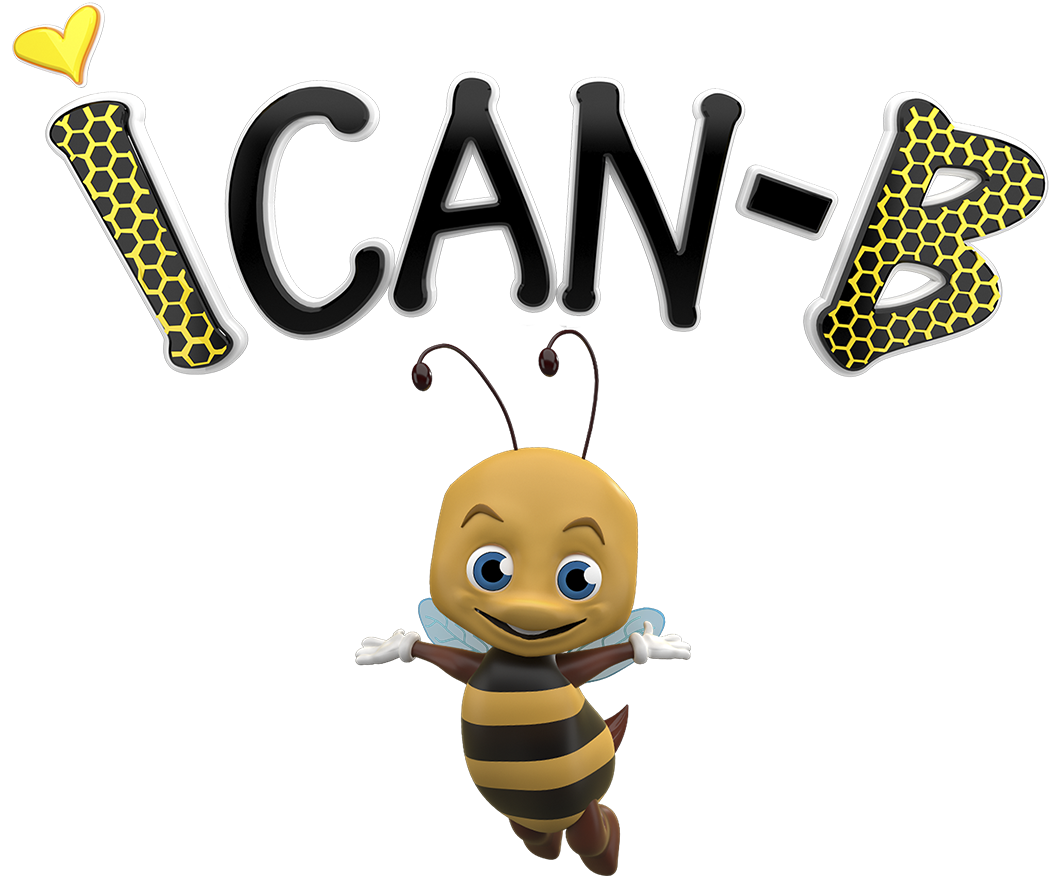Center Based Services
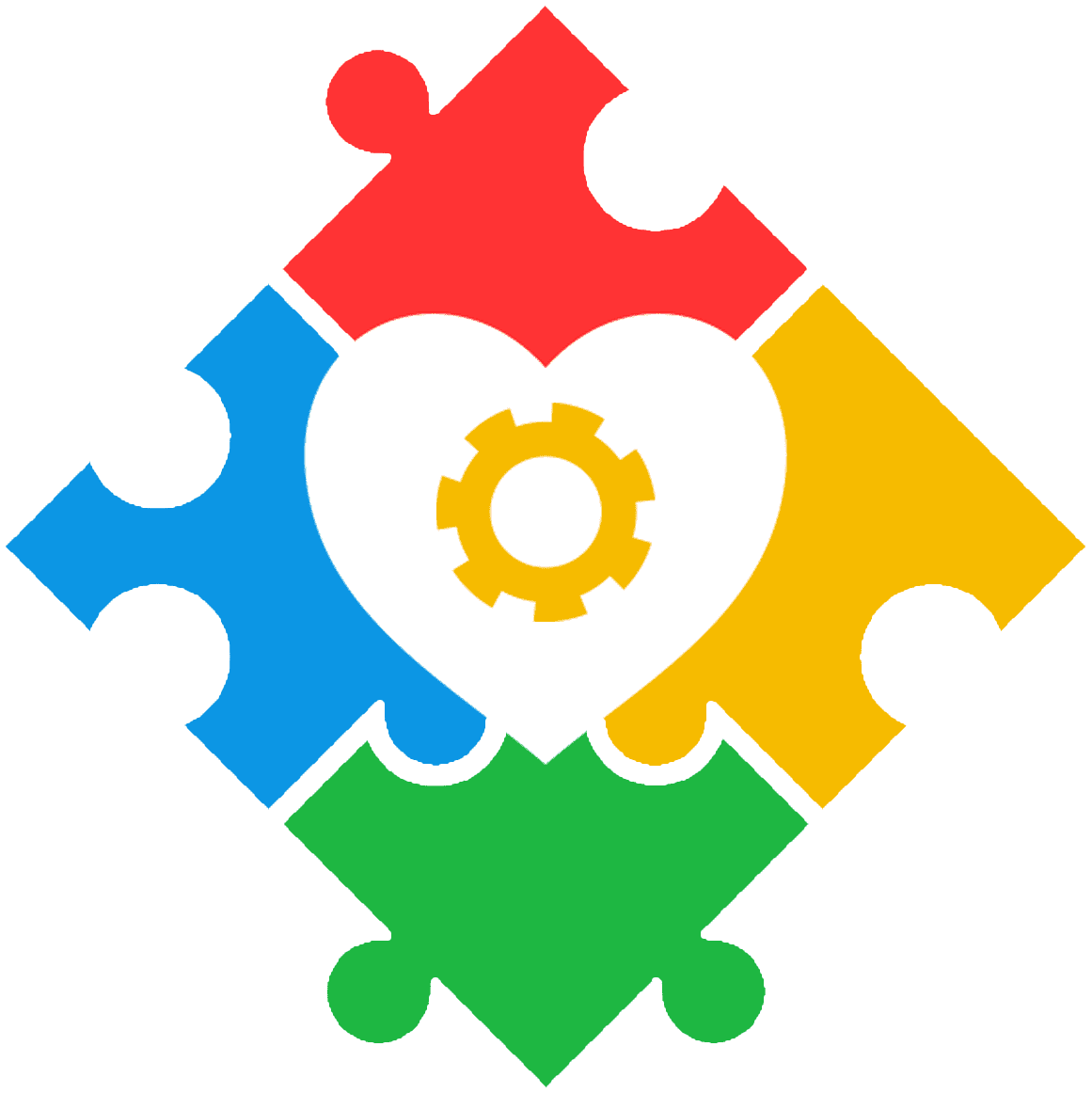

What are Center-Based Services?
Center-based services refer to ABA therapy that takes place in a dedicated facility designed specifically for therapeutic activities. These centers offer a structured environment tailored to children's needs.

When did ICAN-B start providing Center-Based Services?
In 2022, ICAN-B made a significant leap forward by launching our Center-Based Services, aimed at enhancing our support for individuals and families in need.

Where are ICAN-B's Centers located?
Located in the heart of Riverside and San Bernardino, we are dedicated to serving the local population through employment resources, essential services, and community support.

Brenda Magadalena
CBS Manager
Center 01
1737 Atlanta Aver Riverside, CA 92507
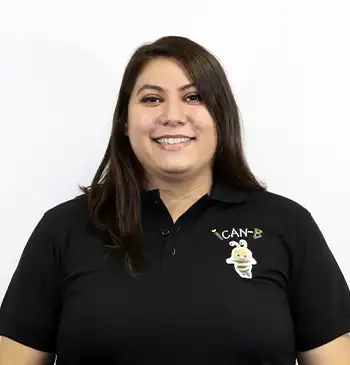
Marissa Gutierrez
CBS Coordinator
Center 02
Office 431 Mackay Drive. Suite 100 San Bemardino. CA 02408
What services do we provide at the Centers?
Service 1: Early Intensive Behavioral Intervention (EIBI)-(Preschool Aged)
Our Early Intensive Behavior Intervention (EIBI) services offer intensive support, providing between 20 to 40 hours per week for preschoolers or children who are not yet enrolled in school. We believe that early intervention is key to unlocking your child's full potential.
Our highly trained and compassionate staff create personalized programs that focus on building essential skills in a nurturing environment.
EIBI Research and Impact:
Studies have shown that EIBI is one of the most evidence-based interventions available.
A landmark study published in the Journal of Autism and Developmental Disorders found that children who received EIBI showed significant improvements in IQ, language skills, and adaptive behavior compared to those who did not receive this early intervention.

Over 50% of children show substantial improvements

Many children maintain these gains into adulthood.
EIBI focuses on individual needs. The earlier the intervention begins, the better the outcomes. We can really tap into the brain's plasticity during these formative years, setting the stage for success. Research also highlights social gains. Children in EIBI programs tend to demonstrate improved social skills, which are crucial for forming friendships and connecting with others.
And it's not just the children who benefit.Families report lower stress levels and improved dynamics, as they learn strategies to support their child's development.
So, what makes EIBI effective? Let's break it down.
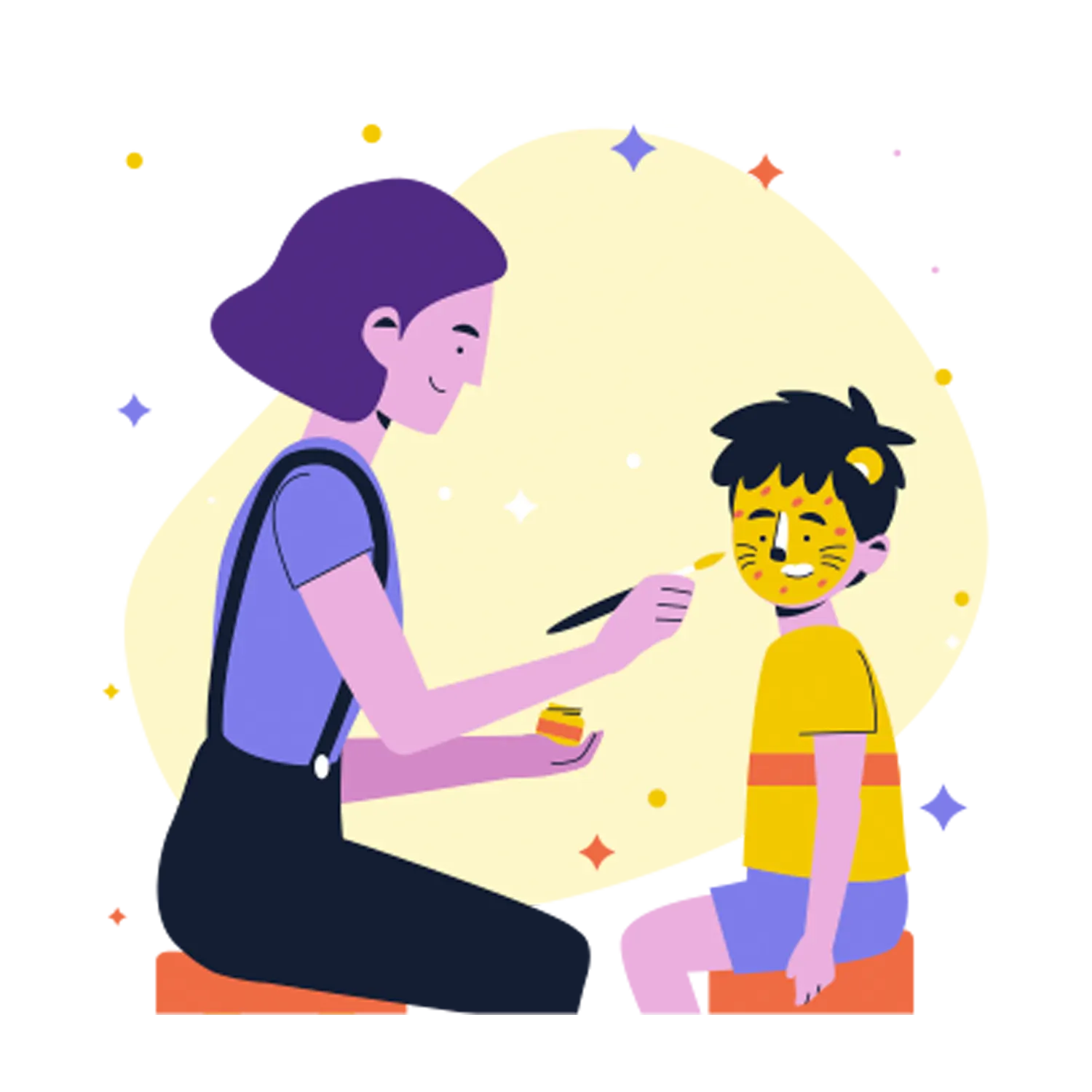
Tailored to the unique needs of each child.

Promotes consistency and predictability, which is comforting.

Integration of play and real-life scenarios.

Families learn techniques to reinforce skills in everyday life.
Service 2: Center-Based ABA Services (School-Aged/Afterschool)
In addition to our early services, we recognize the importance of after-school support. That's why we offer afternoon ABA therapy sessions for school-aged children, ranging from 15 to 25 hours a week.
We provide a controlled and safe environment, allowing children to continue their learning journey while benefiting from personalized attention and care.
Center-based ABA therapy typically takes place in specialized facilities. Here are some of its advantages:

Centers are designed specifically for learning, providing a distraction-free zone filled with educational materials.

With a range of tools and resources at their disposal, therapists can implement diverse interventions tailored to each child's needs.
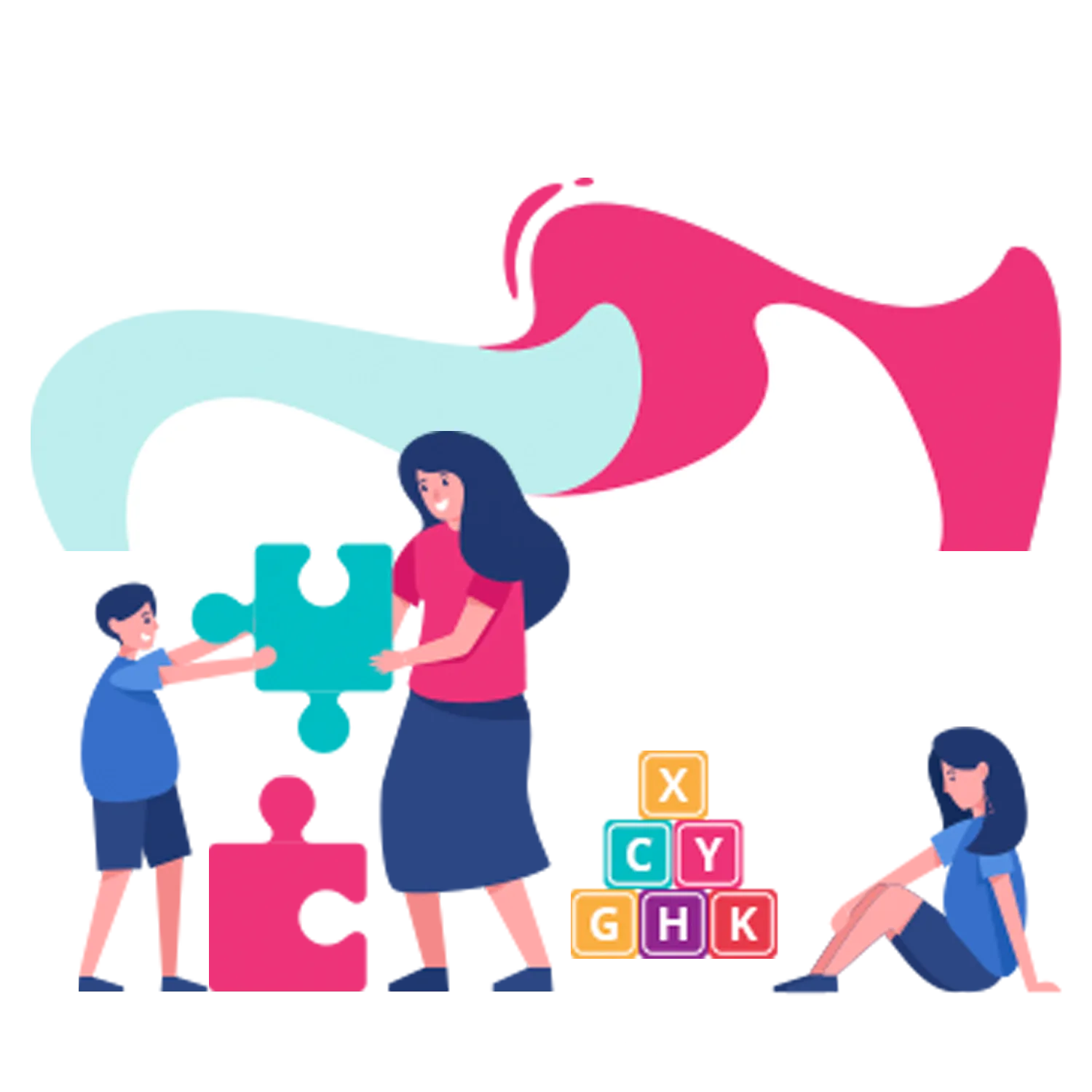
Children can interact with peers, enhancing their social skills and learning through group activities.

In a center, multiple professionals may be available for collaboration, ensuring well-rounded support for each child.
Would your child be better suited for home or center-based traditional ABA services?
Center-based therapy may be more advantageous for children who thrive in structured settings and engage well with peers.

Home-based therapy may be ideal for children needing comfort and familiarity, or where caregiver involvement is crucial.

It's essential to consider your child's unique needs, learning style, and family dynamics.Consult with a BCBA, or Board- Certified Behavior Analyst, to evaluate the most effective approach.At ICAN- B we offer both options, so you can identify which setting works best for you and your family.
Service 3: Center-Based Social Skill Services
Our after-school program doesn't stop at individual support.We also emphasize the importance of social skills development.Our social skills services offer opportunities for children to interact, communicate, and play with similar - aged peers.
Social skills include a range of behaviors, such as
- Initiating conversations
- Listening and responding appropriately
- Sharing and taking turns
- Recognizing social cues like body language and tone of voice
- And understanding the perspectives of others

Mastering these skills can greatly enhance a child's ability to form friendships and navigate social situations.
In ABA therapy, social skills are taught through structured and systematic methods.Here's how it generally works:
- 01.
Assessment
Therapists begin by assessing the child's current social skills level to tailor a program that suits their individual needs.
- 02.
Modeling
Therapists model appropriate social interactions, demonstrating how to approach peers, start conversations, and react to various social cues.
- 03.
Role-Playing
Through role-playing activities, children practice these skills in a safe, controlled environment, receiving immediate feedback to refine their abilities.
- 04.
Natural Environment Training
Therapists also encourage practicing social skills in real-life situations, such as during playdates, school activities, or community outings.
- 05.
Positive Reinforcement
Parents and therapists provide reinforcement when children successfully use social skills, encouraging them to continue practicing.

